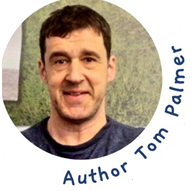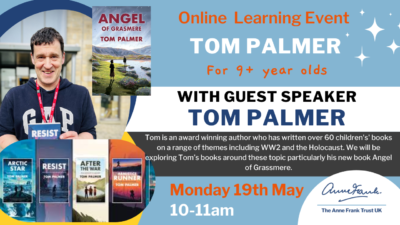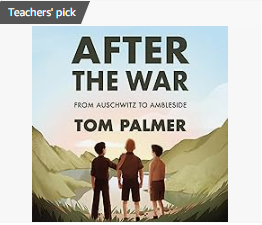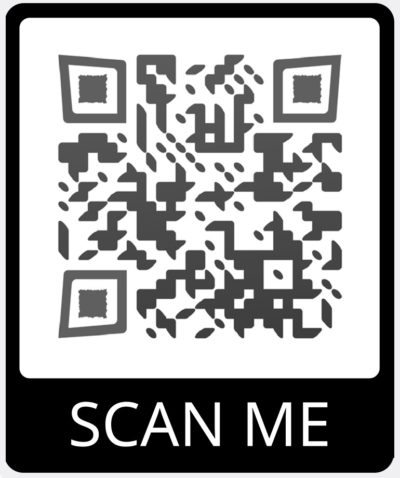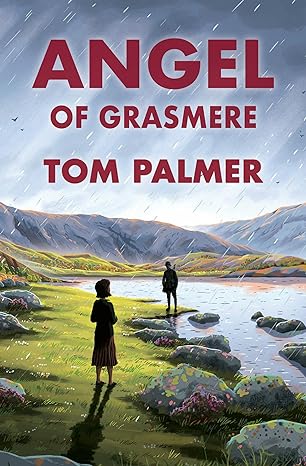During July I will be writing a live story that schools and families will be able to download for free in nine cliffhanging episodes.
Dutch Diaries will be about Lily, a thirteen-year-old girl who is going on a school trip to Holland. In Holland Lily and her friends will watch England’s opening game in the Women’s EUROs and will visit major sites in Amsterdam, notably the Anne Frank House. The idea is to create a story that will engage children with the tournament and the Anne Frank story.
I had not been to the Anne Frank House before, so, in May, I visited it with my wife and thirteen-year-old daughter. We saw the superb and thought-provoking museum about Anne Frank’s life in Amsterdam. We saw the secret annex where the Franks and their friends hid until they were betrayed and taken away to the death camps. We saw film and photographs that helped us to understand what happened to Anne Frank after that.
It was difficult. But it is one of the best things I have ever done with my family.
I wanted to see the Anne Frank House through the eyes of my daughter, to help me with my story, but also as a dad. The bookcase that hid the secret stairway up to Anne’s hiding place. The cramped rooms they lived in. One of the books of her actual diaries, with the distinctive tartan pattern.
Mostly we looked in silence. Everyone was silent. People occasionally pointing.
Towards the end I asked my daughter how the Anne Frank House made her feel. She said she was angry. Later she said it had made her more aware.
I am writing Dutch Diaries for the National Literacy Trust and the Football Association. Their idea behind the story was to make children – girls and boys – more aware of the Women’s EUROs. To get them behind the Lionesses. But both organisations were very keen, also, that we used Dutch Diaries to raise awareness of the Anne Frank story and how there are stories about children today that we need to be angry about and more aware of.
Dutch Diaries will be published on July 3, 5, 7, 10, 12, 14, 17, 19 and 20 by 8 a.m. here.It is written – roughly! – in the style of the very popular Dork Diaries books by Rachael Renee Russell. (My daughter will be helping with that too.)
Chapter one is already available here.
It will be a live story in that I will write it each day and include events from the tournament and other possible news stories as they occur during July. That will include me going to watch England’s opening game against Scotland in Utrecht.
A writing exercise linked to the football tournament and the story will be published on each of those mornings too on the same webpage.
I will also be writing a blog about the tournament, story and other related things. You can read that here.



